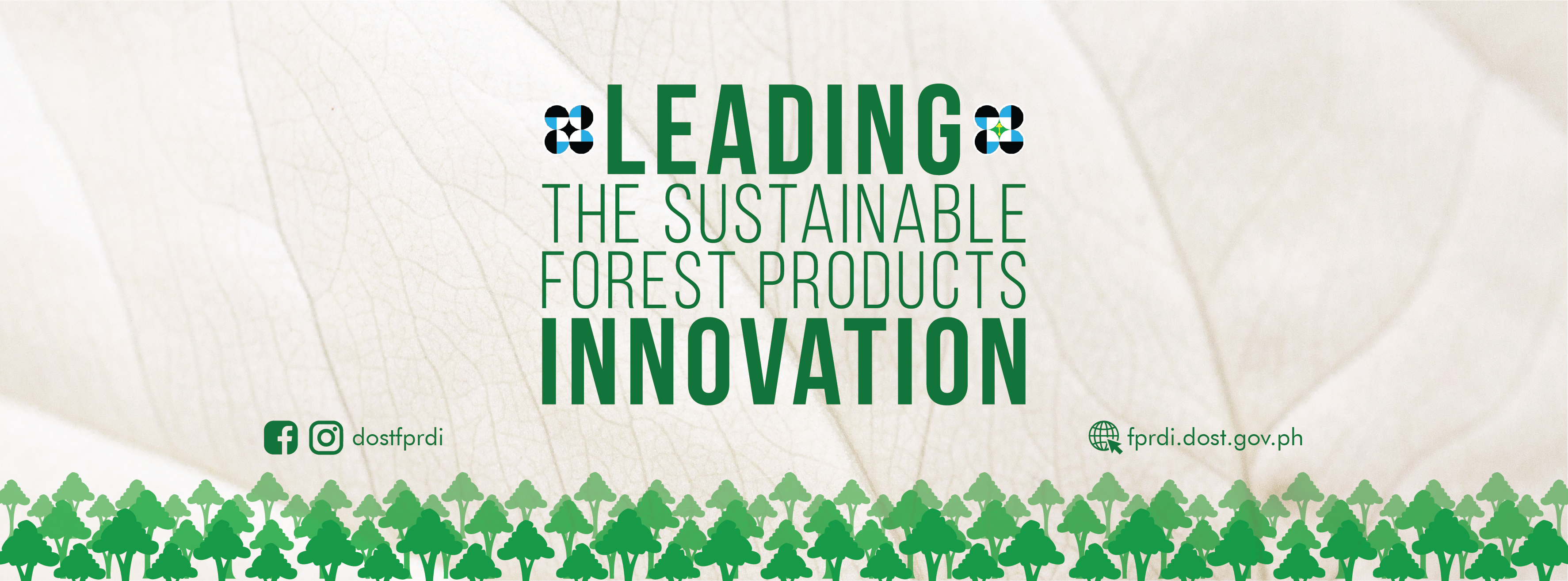Director Aggangan talks on issues affecting ASEAN forestry
What are the global issues presently influencing forestry and the forest products sector in the ASEAN region? FPRDI Director Romulo T. Aggangan talked about this in an in-house seminar held last 20 March 2014 at FPRDI. Aggangan’s talk was based on the 14th International Seminar on Current International Issues Affecting Forestry and Forest Products held 4 July 2013 in Brunei Darussalam.
According to Aggangan, “ASEAN ministers agree on the multi-dimensional importance of ASEAN forests, the potentials of the forestry sector, and the need to ensure that forests help push sustainable development, enhance ASEAN community building and help achieve the Millennium Development Goals.”
The three big issues in ASEAN forestry, according to Aggangan, are food security, climate change, and regional cooperation. He expounded: “One-sixth of the world’s population is food insecure. This insecurity is expected to worsen as rising temperature and changing rainfall patterns will affect our ability to put food on the table and increase the pressure on already at-risk communities.
Forests are essential to climate change adaptation as they improve water quality and help control water flow, decreasing the risks of extreme flooding or the drying up of rivers during the dry months,” he added.
According to Aggangan, forests can become tools for food security and climate change adaptation if ASEAN member nations seek to: (1) promote eco-friendly forest-based investment and livelihood; (2) implement good forest governance, ensuring that emphasis is on people-oriented forestry, i.e., “inclusive, participatory, cross-sectoral and transparent initiatives that catalyze pro-poor reforms, and not exclusionary practices”, and (3) work together towards integrated and sustainable management of trans-boundary forests.
“The food security and climate change issues faced by ASEAN countries are monumental,” said Aggangan, “but with member nations eager to work as one, the problems appear more manageable. Regional community building and the intelligent use of our forests are two obvious paths to meeting the challenge.” (Rizalina K. Araral, 25 March 2014)











